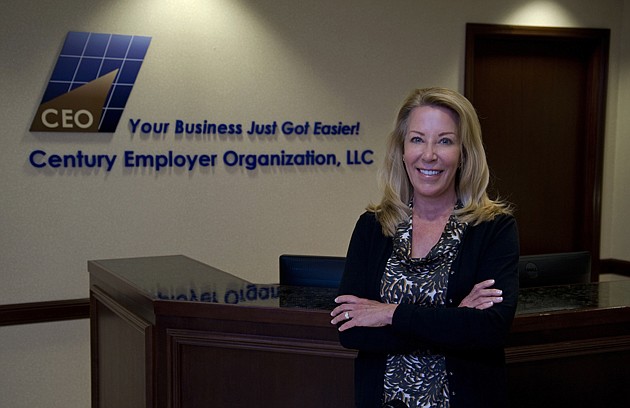- November 25, 2024
-
-
Loading

Loading

The regulatory power to crush businesses was a big takeaway for Celeste Dockery during her decade-long stint on a statewide board that oversees the employee leasing industry.
The industry, basically formed in Bradenton in the early 1980s, is formally known as PEOs — Professional Employer Organizations. With PEOs, businesses can outsource a host of back-office tasks. The list ranges from human resources and employee benefits to payroll and workers' compensation insurance.
Dockery founded and ran a successful PEO for 15 years, Bradenton-based Professional Employee Management. She considered early retirement when she sold her firm in 2000. But then-Florida Gov. Jeb Bush appointed her to the Board of Employee Leasing Companies, run by the Florida Department of Business and Professional Regulation. So Dockery stayed in the industry, and for an entrepreneur and business owner, she got a rare look behind the regulatory gates.
“It was interesting sitting on the other side,” Dockery says. “In the position of a regulator you see the good, the bad and ugly. And I didn't like the ugly.”
Ugly enough that Dockery wanted to get back in the PEO industry after she left the board. Her re-entry, which she co-founded in 2011 with industry veteran Keith Reeves, is Century Employer Organization. Sales at the 20-employee company, which goes by CEO, doubled in the last year. Dockery declines to release specific annual revenue figures, only to say sales have already matched what took her six years at her last firm.
Dockery's edge goes deeper than being someone on both sides of the business-regulatory paradigm. Her company is also a counterintuitive take on the industry in that the bulk of its clients are staffing firms. “We took the basic concept of a PEO,” Dockery says, “and we made it fit a staffing client.”
Most PEOs have shunned staffing firms because those companies can be unwieldy clients, with hundreds, if not thousands of employees in dozens of different businesses. That complicates the core PEO tasks, such as employee benefits and payroll. A PEO instead traditionally makes its way by signing on hospitality companies, construction firms or retail business.
“Everyone said not to do it,” says Dockery of the idea to target staffing firms. “I was hesitant. It was very high-risk.”
But after being away from the operations side of PEOs for a decade, Dockery wanted something where she could stand out.
So now about 85% of CEO's clients are staffing firms, with an average of about 88 employees per client — though one customer has 1,500 employees. Clients are spread from Florida to North Carolina, where Dockery was born and spends most summers. The outsourcing tasks for clients are overseen by CEO's 20 employees — a figure Dockery acknowledges is high for a startup PEO. But the large staff, she says, is necessary to manage the far-flung client base.
Dockery, who has held leadership positions with state and national PEO trade and lobbying organizations, is happy about her CEO choices, even with the risks. She traces that to her days on the Board of Employee Leasing Companies, which she chaired for a term. Some of the problems Dockery encountered on the board include regulators who made uninformed decisions; infighting; and confusion over the power of rules the committee was tasked to write. She also saw some PEOs that didn't represent the industry well.
“I felt the credibility of the industry was being threatened,” Dockery says. “I feel a responsibility to this industry. To say I'm passionate about PEOs is an understatement.”
Follow Mark Gordon on Twitter @markigordon